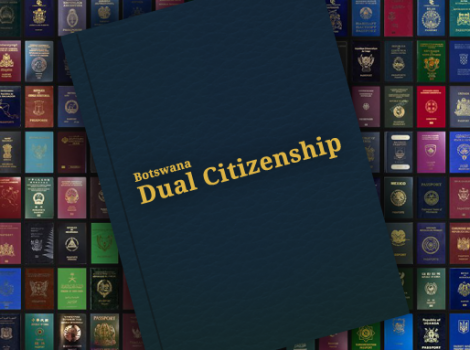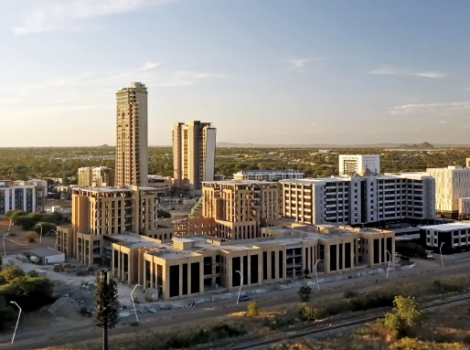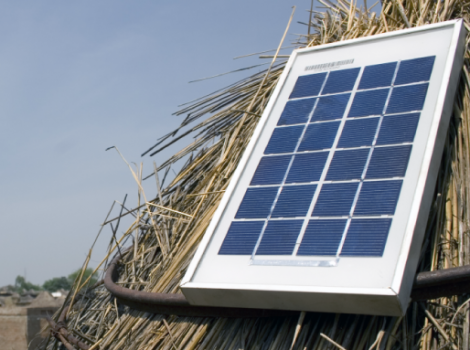
The United States is following alleged nefarious acts of corruption committed in Botswana. The superpower has especially developed a keen interest in cases which businessmen and current and former Botswana Government officials are implicated in the embezzlement of millions of Pula from the National Petroleum Fund (NPF) and the Botswana Pubic Officers Pension Fund (BPOPF) respectively, a document shows.
In its 2020 report, the Department of States says: “Corruption allegations have surfaced recently around pension fund management and government procurement procedures and are still under investigation.”
The report further states that a “…peaceful march against corruption was held in March 2018. This followed allegations of embezzlement of the National Petroleum Fund by a company charged with the management of the funds together with some GoB (Government of Botswana) officials.”
According to the report, Botswana has a reputation for a relative lack of corruption and a willingness to prosecute corrupt officials. It says Transparency International ranks Botswana as the least corrupt country in Africa (34th worldwide). The report further states that investors with experience in other developing nations describe the relative lack of obstruction or interference by law enforcement or other government agents as among the country’s most important assets.
Nevertheless, the report says, “private sector representatives note rising corruption levels in government tender procurements.”
Falling short of questioning the credibility of the investigating agency, the Directorate on Corruption and Economic Crime (DCEC), the report suggests that “Anecdotal reports on the DCEC’s effectiveness vary.” It says the DCEC has embarked on an education campaign to raise public awareness about the cost of corruption and is also working with the government departments to reform their accountability procedures.
“Corruption is punishable by a prison term of up to 10 years, a fine of USD 50,000, or both. The GoB has prosecuted high-level officials,” the report says.
Touching on a topical issue relating to money laundering, the report says Botswana is a member of the Eastern and Southern Africa Anti-Money Laundering Group, a regional standards-setting body for ensuring appropriate laws, policies, and practices to fight money laundering and the financing of terrorism.
“In October 2018, Botswana was gray-listed by the Financial Action Task Force and is currently implementing an action plan to address shortcomings that led to the listing,” the report says.
In general, Botswana exercises careful control over credit expansion, the Pula exchange rate, interest rates, and foreign and domestic borrowing. Banking legislation is largely in line with industry norms for regulation, supervision, and payments.
However, the report states, “the country failed to meet compliance requirements of the Financial Action Task Force (FATF) resulting in a greylisting in October 2018.”
It says Botswana is currently implementing an action plan to remedy the situation. With regards to the legal system, the report says the Government of Botswana is planning to create a corps of commercially specialised judges within the civil court system. Under the new system, commercial cases will be overseen by these commercial judges to expedite handling and ensure relevant expertise. It says the country already has a specialised anti-corruption court that handles all corruption cases. It further states that some U.S. litigants have reported that the time to obtain and enforce a judgment in a commercial dispute is unreasonably long.
Source: http://www.sundaystandard.info/us-alive-to-growing-corruption-allegations-in-botswana/



